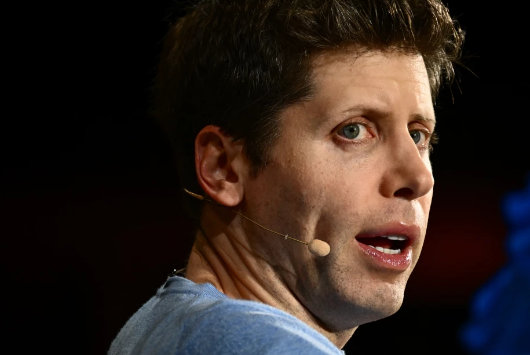OpenAI, the creator of ChatGPT, is reportedly planning to restructure its core business into a for-profit benefit corporation that will operate independently of its non-profit board, according to sources familiar with the matter who spoke to Reuters. This move aims to enhance the company’s attractiveness to investors.
While the non-profit OpenAI will continue to exist and retain a minority stake in the new for-profit entity, the restructuring may impact how the company addresses AI risks under a new governance framework. Chief Executive Sam Altman is expected to receive equity in the for-profit company for the first time, which could potentially be valued at $150 billion following the changes, as the company seeks to eliminate the cap on investor returns.
An OpenAI spokesperson stated, “We remain focused on building AI that benefits everyone, and we’re working with our board to ensure that we’re best positioned to succeed in our mission. The non-profit is core to our mission and will continue to exist.”
The proposed corporate structure, initially reported by Reuters, reveals significant governance shifts occurring behind the scenes at one of the leading AI firms. The details are still being finalized in discussions with lawyers and shareholders, and the timeline for the restructuring’s completion remains uncertain.
This restructuring comes amid notable leadership changes within the organization. Mira Murati, OpenAI’s long-time chief technology officer, announced her unexpected departure from the company on Wednesday, while Greg Brockman, the company’s president, is currently on leave.
Founded in 2015 as a non-profit AI research organization, OpenAI introduced the for-profit OpenAI LP as a subsidiary in 2019 to secure funding from Microsoft for its research efforts.
The company gained widespread recognition with the release of ChatGPT in late 2022, a generative AI application that produces human-like responses to text prompts and has rapidly grown to over 200 million weekly active users, sparking a global investment race in AI.
The unusual structure that granted full control of the for-profit subsidiary to the OpenAI non-profit was designed to ensure the mission of creating “safe AGI that is broadly beneficial,” referring to artificial general intelligence that matches or surpasses human intelligence.
This structure gained attention last November during a significant boardroom conflict in Silicon Valley, when members of the non-profit board ousted Altman due to a breakdown in communication and trust. He was reinstated after five days, receiving overwhelming support from employees and investors.
Since then, OpenAI’s board has been rejuvenated with a greater number of technology executives, now chaired by Bret Taylor, the former co-CEO of Salesforce, who is currently leading his own AI startup. Any corporate changes will require approval from the nine-member non-profit board.
The shift away from non-profit control could enable OpenAI to function more like a traditional startup, a change that is generally welcomed by its investors, who have invested billions into the company.
However, this transition might raise concerns among the AI safety community regarding whether the organization will maintain sufficient governance to ensure accountability in its quest for AGI, especially since it dissolved its super-alignment team earlier this year, which was dedicated to addressing long-term AI risks.
It remains uncertain how much equity Altman will receive in this new structure. As a billionaire from his various startup investments, Altman has previously indicated that he opted not to take an equity stake in the company because the board required a majority of disinterested directors without a financial interest in the company.
He has also mentioned that he has enough wealth and continues his work out of passion for the field.
The restructured OpenAI is expected to mirror the organizational models of its major competitors, Anthropic and Elon Musk’s xAI, both of which are registered as benefit corporations. This classification represents a form of for-profit organization that strives to balance profit-making with social responsibility and sustainability goals.



